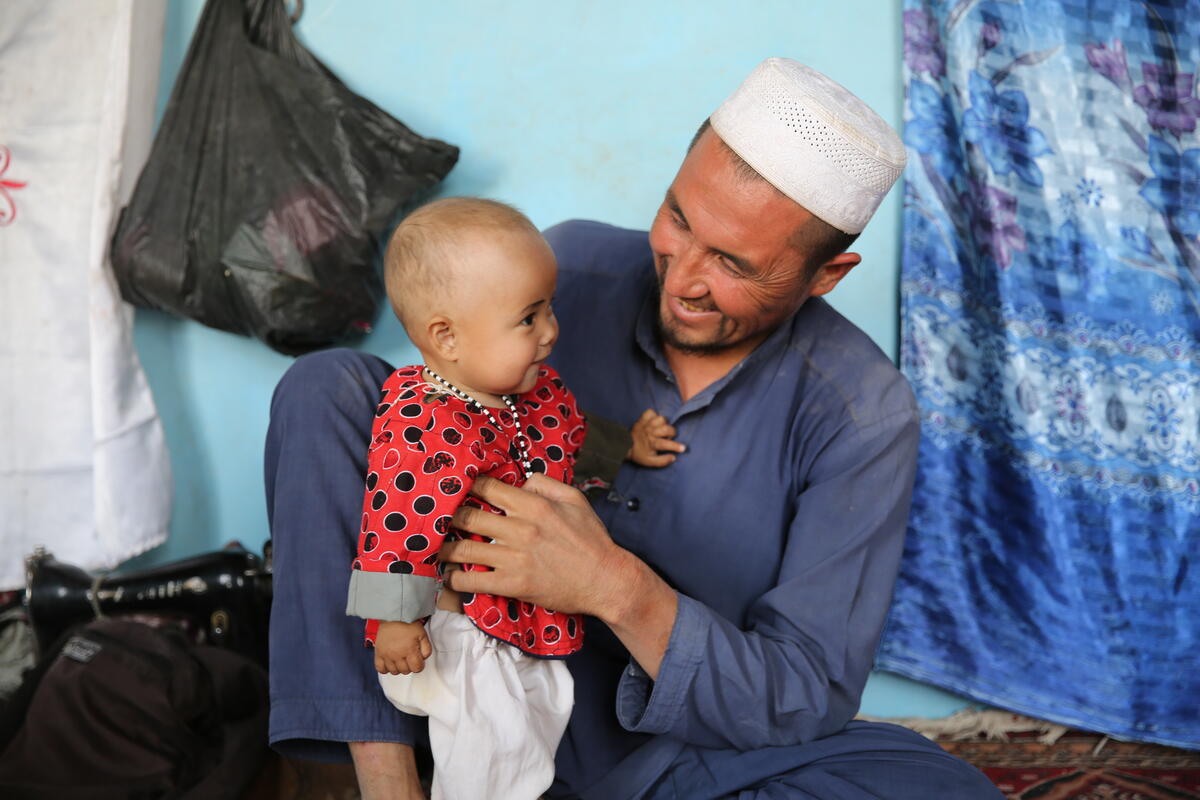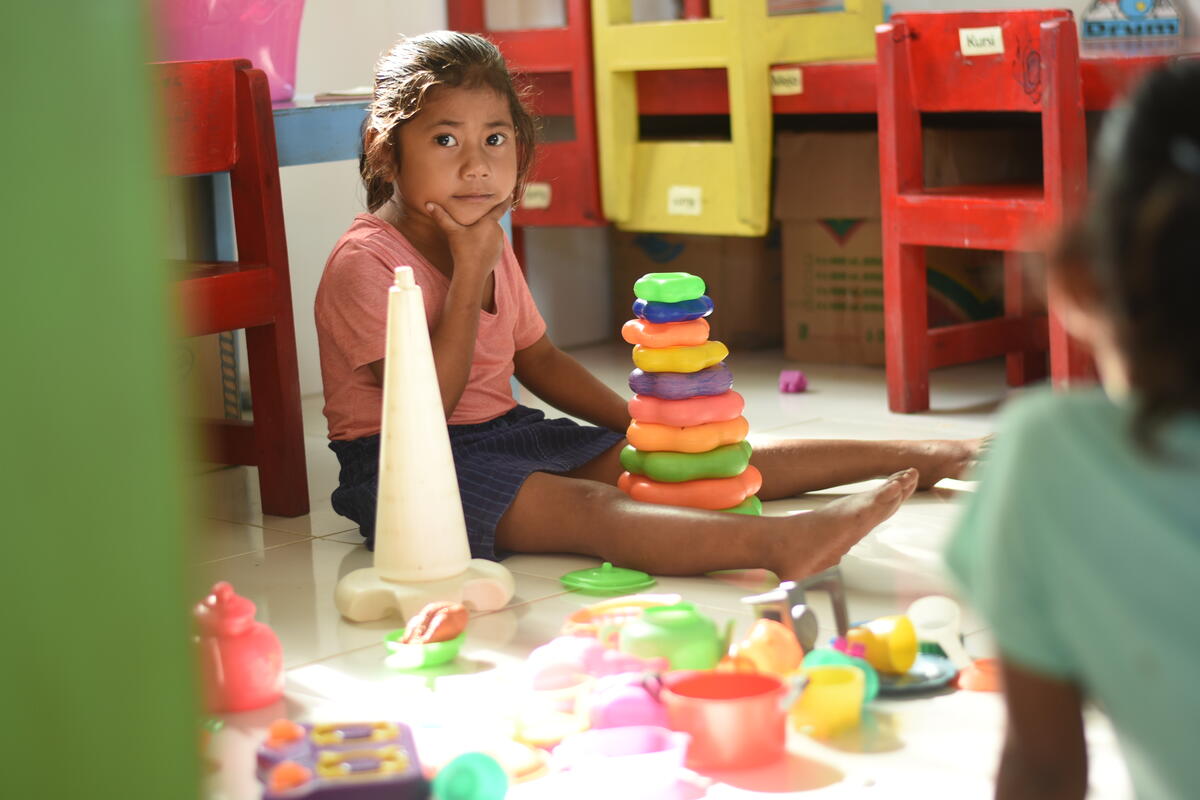Empowering Futures: The Dual Impact of Investing in Childcare and Women’s Success
From cooking meals to booking dentist appointments for the kids, each of us may engage in various forms of care work.
Though unpaid care work is a common part of daily life and can be rewarding, it can also be overwhelming, exhausting, and underappreciated – especially if the work is unfairly distributed. Globally, women and girls over the age of 15 spend on average 3.2 times more time on unpaid care work than men.
During the pandemic in Canada, between March and April 2020, women experienced 51% of employment losses, even though they represent only 48% of the work force. One of the reasons women left the workforce in high numbers was to fill the childcare gap usually provided by schools and daycares that were forced to close.
When women are expected to fulfill the majority of unpaid care work, it affects their opportunities to do paid work, their overall earnings, and other measures that contribute to their economic empowerment.
This International Women’s Day, let’s dive into the theme: ‘Invest in Women: Accelerate Progress.‘ Beyond a catchy slogan, it’s a call to action that asks us to transform the lives of women but to ignite positive change for their children, families, and communities. The global statistics show the stark reality – women’s ability to pursue dreams, be elevated into economic opportunities, and actively engage in civic, political, and social spheres is intricately tied to the monumental load of care work.
So, how can we better support women’s economic empowerment and improve outcomes for children and communities?
Support men’s involvement in care work
According to the recent Equimundo’s State of Fatherhood report, men are taking on more care work than ever before. 70-90% of men across 15 countries agreed that they feel “as responsible for care work” as their domestic partner.
Cultural norms and stereotypes often define the way that men feel about care work. For example, supporting families financially may be perceived by many men as their primary form of care and a priority over household chores.

Save the Children works with, men, women, children, partners and communities to challenge stereotypes and attitudes related to care work and gender roles. Our programs use techniques such as community events, radio programs, publicity campaigns, and discussion groups with married couples.
For example, in Mozambique, sessions with married couples have helped promote a better understanding about how women experience care work. One male participant said, “I felt like I was exploiting my wife. She was overloaded with household activities. With the project and dialogue sessions I learned [how] I could support my wife with certain tasks.”
As the landscape of care work evolves and more men are stepping up, notable barriers persist, particularly in the form of insufficient paternity leave. Globally, only 45 countries allow 14-weeks or more of paid leave for men following the birth of a child. Achieving a more equitable distribution of care responsibilities requires the implementation of robust policies that actively support new fathers and other male caregivers. Such measures will not only foster greater engagement by men in childcare but also contribute to the overall well-being of women, children, and men alike.
Support high-quality, affordable early childhood care services
An exemplary illustration of the life-transforming potential of affordable, quality daycare services can be seen in Save the Children’s pilot project supporting the Itetero Daycare in Rwanda. This innovative initiative addresses the critical need for accessible childcare services for families. The project included providing grants for start-up expenses, comprehensive training for locally hired staff, and the establishment of a Parent Management Committee for the daycare facility.
Fast forward nine months, and the impact is remarkable – 90% of mothers reported a significant increase in revenue from their own income-generating activities. As a testament to its success, the project is now expanding its operations in Rwanda.
This success story resonates globally, finding echoes in Canada with the introduction of the new $10-a-day childcare program. Parallelly, Quebec’s long-running universal daycare program underscores the transformative power of investing in daycare to empower mothers, fostering a workforce eager to contribute beyond the confines of their homes.

Unlocking the potential of families and communities starts with investing in childcare and achieving a balanced distribution of care work. When women feel empowered and supported in their care work responsibilities, their economic choices and financial goals, and their community engagement, their children are also uplifted. This International Women’s Day, let’s stand united in safeguarding women and girls’ rights, ensuring they realize their full potential for a brighter future.
Sources:
LMI Insight Report no. 39, Women in Recessions: What Makes COVID-19 Different? — LMIC-CIMT


